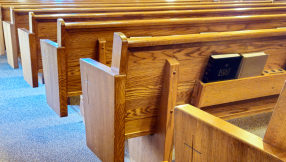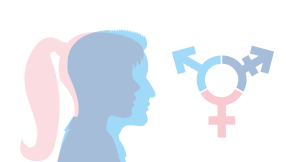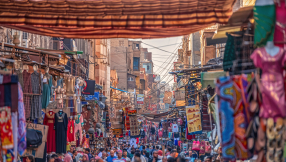Faith Groups Unite to Educate on HIV/AIDS in Kenya
A great development has come about in the continent which will see a united front established to educate people on the disease rather than to condemn those that have it, an attitude which has often plagued HIV strategies in the past.
Rev Gilbert Ayiera of the Eastlands Pentecostal Pastor's Fellowship said, “The church is strategically positioned to fight AIDS. Most people in Kenya place a lot of trust in their pastor or Imam. We have decided to use that influence positively to prevent our people from dying more.”
The Archbishop of the country’s Anglican Church, Benjamin Nzimbi, has also come out with a public apology on behalf of the church for having shunned HIV-positive people. He said, “Our earlier approach in fighting AIDS was misplaced, since we likened it to a disease for sinners and a curse from God.”
|AD|Rev Ayiera, said “Today ... I tell people to be careful of the dangers of HIV, but I also encourage the congregation to show love to those infected people and care for them. I tell HIV-positive people that God still loves them and they can continue to live positively.”
He said most pastors initially rejected the idea of being more involved in HIV/AIDS.
“They felt that their role was limited to preaching the word of God, but over time that has changed, and about three-quarters of church leaders in this area are involved in active programmes on HIV/AIDS. We work with more than 200 churches, holding training sessions to educate pastors on how to tell their parishioners about the pandemic.”
His church's primary prevention focus is on abstinence, but Rev Ayiera said he also educated members about condoms.
A recent report, 'Faith Untapped', by Tearfund, said, “Churches have unparalleled influence and a long reach into remote areas ... for spreading messages about AIDS ... Crucially, churches are in a unique position to dispel the prejudice and gender inequality on which HIV and AIDS feed, provided they recognise the part they often play in reinforcing stigma and discrimination.”
Faith groups provide about 40 percent of healthcare in many countries across Africa.













